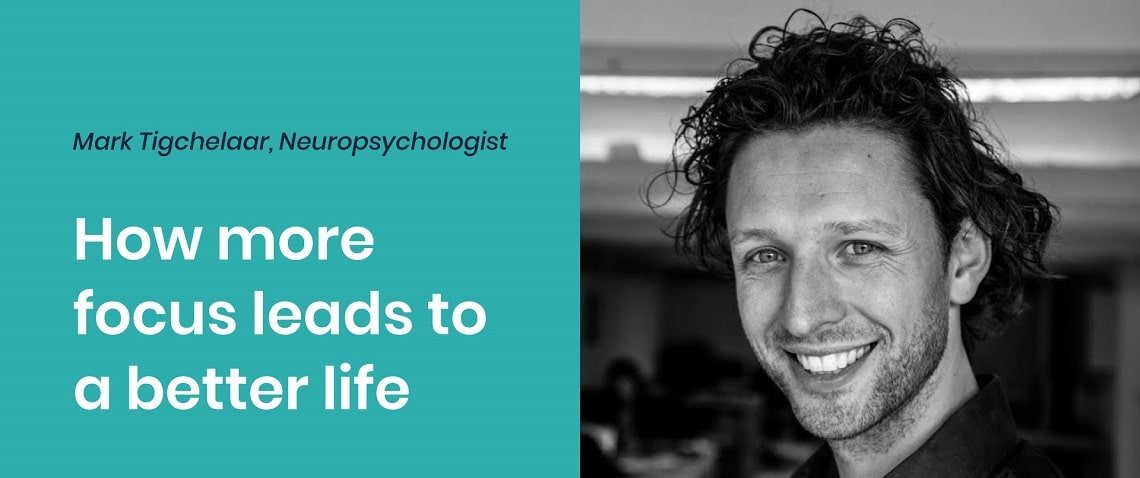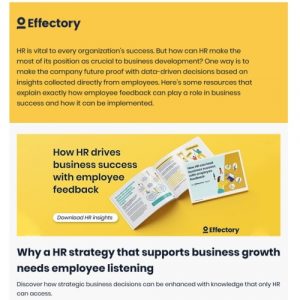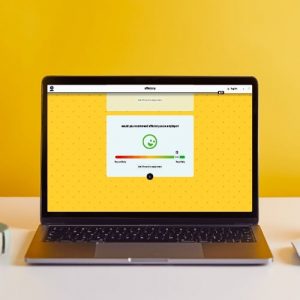Now that we are working from home along with our partners, children and pets, we all often find ourselves wondering how we can maintain focus and stay productive. We put this question to neuropsychologist, author and TEDx speaker Mark Tigchelaar. In this blog we share his practical tips.
Working from home tips for productivity and focus

How to focus when working from home?
Focus has everything to do with distraction. When your attention is diverted, for example by stopping work to answer a text, you lose your flow. When this happens, you effectively take two steps back in terms of productivity as well as experiencing increased stress levels and even a 10% drop in IQ! So what should you do to keep productivity up while working from home? The answer? Avoid distractions. Focus is really nothing more than a continuous period during which you consciously maintain attention.
Why do we let ourselves become distracted?
Staying focused sounds simple enough, but how easy is it in practice? Especially when we are trying to be productive while working from home. We are confronted by around 11 million pieces of information every single second. Only 3% of that information actually reaches your “conscious brain” — the bit where you do your thinking. Your cerebral “personal assistant” filters out this 3% for your attention. However, the filtering process can be disrupted by these four sources of concentration leakage:
- Not enough engagement — a task is too boring or too easy.
- Not enough energy — your brain is running low on “fuel.”
- Too much internal stimulation — your head is full of thoughts.
- Too much external stimulation — you are exposed to an excess of environmental factors, such as your partner talking, children playing or your phone vibrating.
Receive the best HR articles in your mailbox
Subscribe to our newsletter and you will receive the best HR articles on a quarterly basis.
Sign upThe secret to maintaining productivity up when working from home
Fortunately, it is possible to avoid the kind of disruption and distraction outlined above and keep productivity up when working from home. How? By applying the “focus formula:”
Focus = engagement + energy > internal & external stimuli
This formula functions a bit like a seesaw. Engagement and energy weigh more heavily than internal and external stimuli, but if you experience less stimulation you also require less engagement and energy.
How to feel more engaged
Engagement comes naturally when you’re working on something particularly interesting or challenging, but it’s more difficult to muster when the task is boring or undemanding — a long conference call, for instance. How can you stop your mind from wandering in this scenario? By multitasking. Really? Yes, really! But you must make sure that your “side task” is something extremely simple. Good options during your conference call might be doodling or folding the laundry. This can be extremely effective, because simple “side tasks” like this block internal stimuli and increase engagement by 29%.
How to boost your energy and productivity
Just like a car, your brain needs fuel. So you need to recharge your brain regularly. This recharging process can only happen when your brain is not taking in any new information and therefore doesn’t need to focus. So it won’t happen when you’re checking social media or listening to a podcast. Instead, you could try walking around, looking out of the window or simply doing nothing at all. This is the only way to really recharge.
How to reduce internal stimulation
Try to clear your mind before you take a break. Otherwise you’ll be mentally working through your to-do list even while you’re out for a walk. Put your thoughts down on paper to get them out of your head.
How to reduce external stimulation
Lastly, let’s turn our attention to external stimuli. Now that working from home has become the norm, we are all looking to be as productive as when we were working at the office but also we are all keen to show how “available” we are. Via Skype, WhatsApp, Teams, you name it. We’re “on” all the time. This means that we’re constantly switching between different tasks, which creates a lot of distraction — not all of it necessary. As an HR professional, you can change that by communicating clearly:
- Instead of having five ways to contact people quickly, specify one method of communication for urgent matters
- Make sure employees know how quickly they are expected to respond when contacted via that channel
- And set up a focus period each week or each day during which employees can get on with their work without being interrupted by emails or calls.
Want to find out more about focus and productivity while working from home?
Thank you, Mark, for this interesting webinar! Are you keen to find out more about focus, crisis management, leadership and being a good employer? Each week, Effectory hosts a free webinar covering a topic that is relevant to the times we now live in.
Book a free demo. See our solutions in action.
Effectory is Europe’s Leading provider of Employee Listening Solutions. Schedule a product demo and discover how to enhance your employees’ engagement.
Demo request
